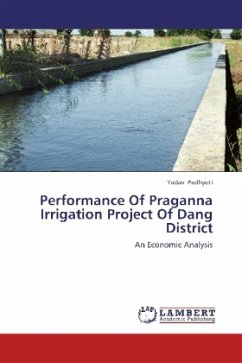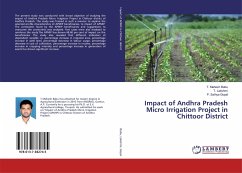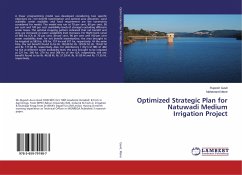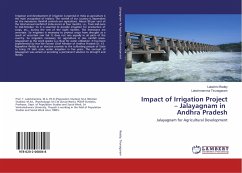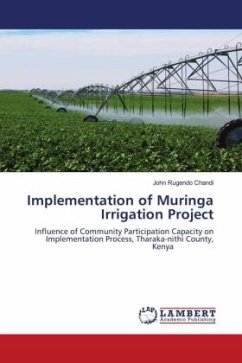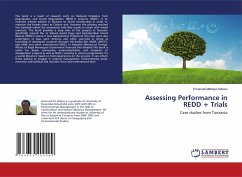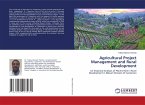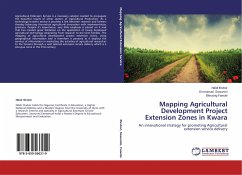Nepalese government has been investing much from the scarce resources in irrigation sector. But, targeted goals have not been achieved due to poor performance of the irrigation systems. A survey research was conducted in 2009 A.D. To assess the performance of Praganna Irrigation Project with respect to crop productivity, intensity, input use, farm income and employment in Dang district of Nepal. Simple random sampling was used to select 60 beneficiaries and 30 non-beneficiaries. PIP has been operating under management of WUGs and supported by the Government of Nepal. The productivity of major cereals (rice, maize, wheat) was found higher in beneficiaries than in non-beneficiaries. The cropping intensity in beneficiaries (221.17%) was significantly higher than in non-beneficiaries (168.34%). 65% of the beneficiaries were food sufficient where none of the non beneficiaries were food sufficient. Gini coefficients for gross household and gross farm income were calculated as 0.37 and 0.44, respectively for beneficiaries; and 0.44 and 0.27, respectively for non-beneficiaries. So, there existed inequality in distribution of gross household and gross farm income within both categories.

